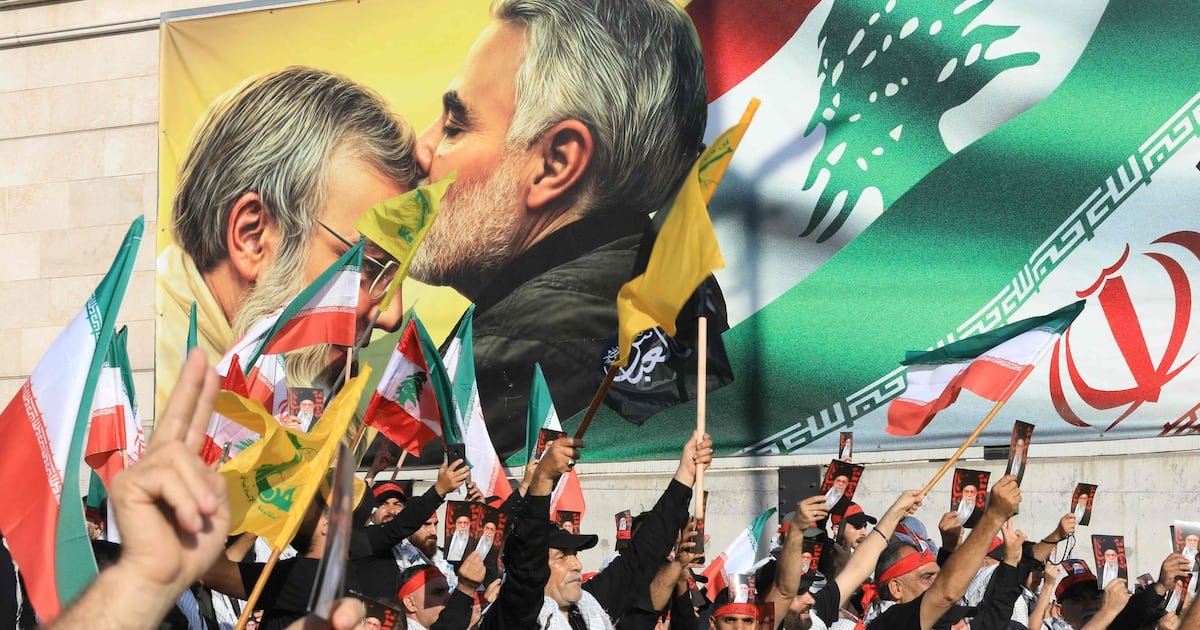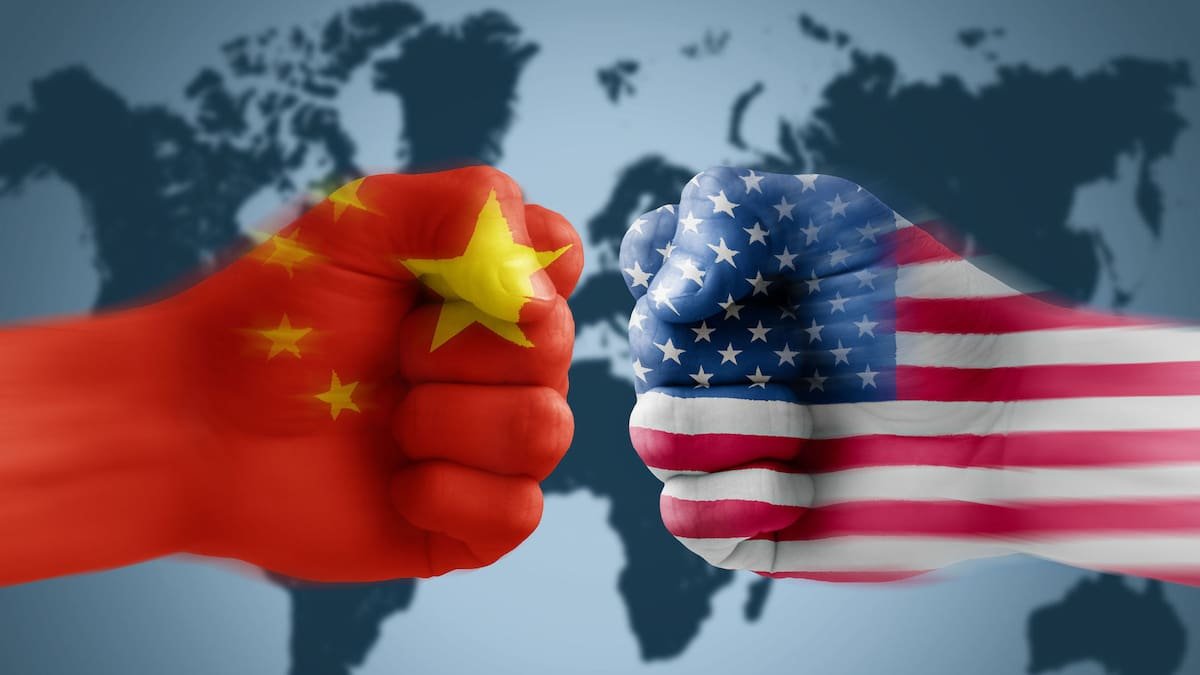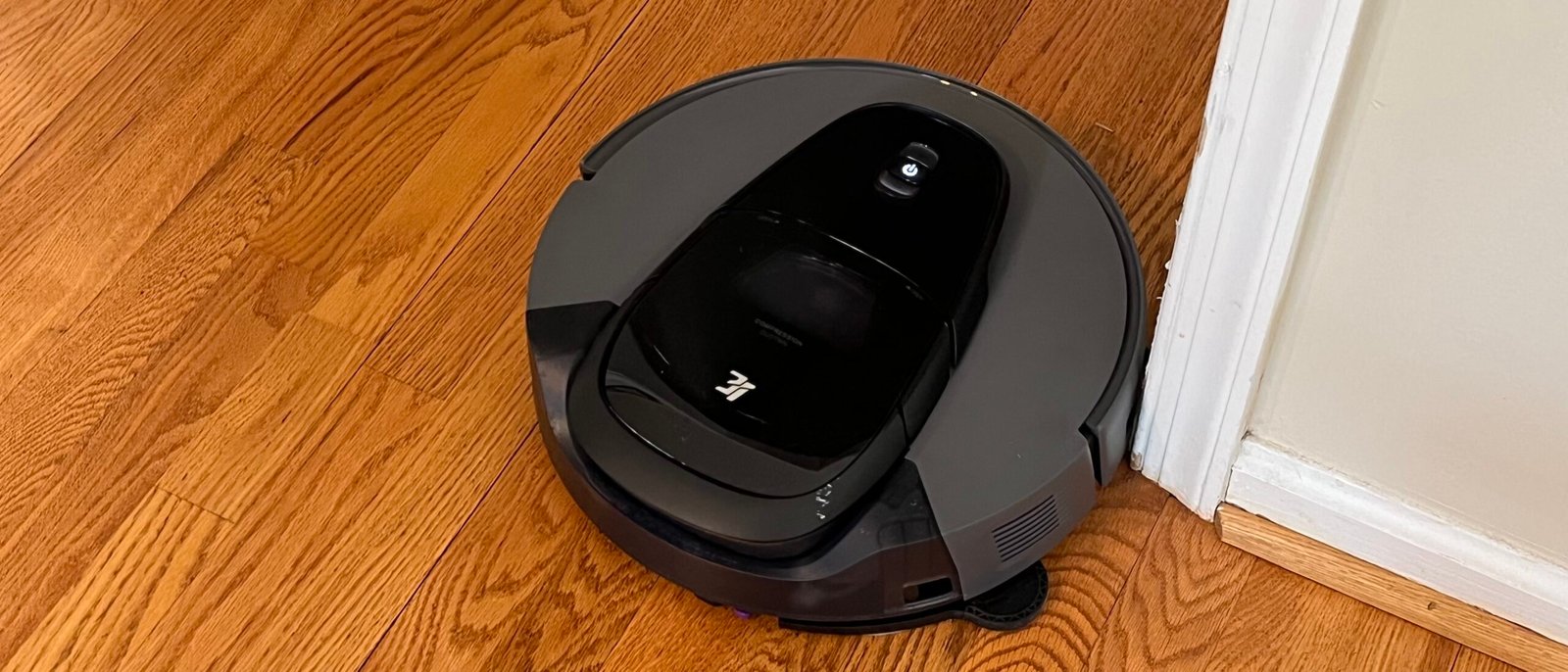The US, Turkey, Saudi Arabia and other Gulf countries are pressing ahead to encourage Syria to become a model for much of the Middle East. That involves co-existence with Israel, the containment of extremist movements and engagement with minorities, all within the framework of the state.
The issue of the state’s monopoly on the possession of arms remains a major hurdle. Some of Syria’s minority groups insist on retaining their weapons until it becomes clear how the new government will handle their rights and to what extent it will rein in extremist militants. There is also the issue of federalism and decentralisation, which the state opposes. But despite the massacres and atrocities committed in Sweida and on the coast, those investing in President Ahmed Al Shara’s project and the new Syrian model are forging ahead.
When it comes to the future of Lebanon, however, western countries – namely the “European three” (E3, which comprises the UK, France and Germany) and the US – are wavering on several fronts. In dealing with Lebanon itself, the E3 has chosen to take a backseat to US diplomacy, led by Ambassador to Turkey and special envoy for Lebanon and Syria Thomas Barrack.
But Iran is a hugely important part of what happens in Lebanon, and the E3 limited recent discussions with representatives from Tehran solely to nuclear issues. Iran’s nuclear programme must be addressed, but that should not prevent Europe from raising other concerns, like Tehran’s proxy network.
Succumbing to Iran’s traditional insistence that neither the US nor Europe discuss its regional proxies, including Hezbollah in Lebanon, is a strategic error. It fails to prevent Iran’s ongoing erosion of Lebanese sovereignty its use of Lebanon as a bargaining chip in negotiations with the West. Europe is not challenging Tehran’s directive to Hezbollah to keep its arms instead of handing them over to the Lebanese state. This is dangerous, especially given how confused and contradictory US positions have become towards both Iran and Lebanon.
Europe is not challenging Tehran’s directive to Hezbollah to keep its arms
Mr Barrack’s three visits to Lebanon have drawn criticism because at times he wielded the stick and at others, he expressed understanding of the “complexity” of disarming Hezbollah. One moment, he described Hezbollah as a political party and the next a terrorist organisation. He appears to have emerged from meetings with Lebanese officials more influenced by their appeasement tactics than persuasive in moving them towards sovereign decision-making.
The contradictions in the American position in Lebanon may be intentional, as part of a strategy to alarm Lebanese officials and the public, or unintentional, the result of Mr Barrack’s frequent gaffes, only to be followed by retractions. Mr Barrack says he understands the “difficulties”, and that “everyone is doing their part and trying to settle things in Lebanon, but the situation is complex, both for Lebanese leaders and for all of us”. Such statements devalue American prestige and seriousness. They are not so much the words of a serious emissary carrying US President Donald Trump’s demand that Lebanon’s leaders enforce a monopoly on arms as they are those of a local-style politician who “understands” the difficulties but cannot guarantee how Israel might react to Hezbollah’s outright refusal to disarm.
Nor has Steve Witkoff, Mr Trump’s envoy to the Iran negotiations, insisted that Iran cease using its grip over Lebanon through Hezbollah as a negotiation card with Washington. All of this will cost Lebanon dearly when Israel inevitably destroys its infrastructure in response to Hezbollah’s rebuilding of its military capabilities, including Iranian missiles on Lebanese soil. The Trump administration does not want Israel to open multiple fronts. But it also cannot restrain Israel in Lebanon if Israel deems Hezbollah’s refusal to disarm a security threat.
Yet in Syria, Mr Trump wants Israel to act with restraint. Iran has lost its staging ground there, a devastating blow to its regional axis. And while Washington recognises the persistence of extremism and the survival of ISIS, it believes that containment of these factions is possible through co-optation, offering them a slice of the cake instead of a bloody conflict.
In return, Israel gains a buffer zone and security guarantees along its border with Syria. The message to Israel is that even if ISIS remains dominant in some areas, security arrangements can contain its threat as long as it remains within isolated pockets that pose no danger to the Syrian state structure. In other words, Syria will not be a threat to Israel.
Gulf states have quickly moved to encourage Syria’s re-integration into the Arab fold. Despite all the challenges, the Gulf is a key partner in backing Mr Al Shara and rebuilding Syria. This was reflected last week in the Saudi-Syrian Investment Forum, a watershed moment that signalled a long-term strategic partnership between Riyadh and Damascus. Forty-seven agreements and memoranda of understanding were signed, worth about $6.4 billion. They included the construction of a medical city as well as deals in agriculture, industry, transport, gas, water, electricity, infrastructure and real estate development. Syria is being placed on a new track, and should indeed be congratulated for this strategic leap towards realism that embraces investment as the basis of policy.
One hopes Lebanon’s leaders take a lesson from their new counterparts in Damascus and abandon their arrogance towards eager assistance from fellow Arab states, hiding behind the excuse of being unable to rein in Hezbollah. They ought to demand the US, Europe and the Arab world also pressure Iran and not just offer security guarantees via Israel, because the two issues are inseparable. One hopes they also cease dodging political accountability under the guise of protecting Lebanon’s safety.
Perhaps Arab states will consider taking a calculated risk in supporting Lebanon, as they did in Syria. Both countries suffer from instability. Just as Hezbollah and Israel are playing havoc with Lebanon, extremist fundamentalism continues to trouble Syria. May the international partnership playing a constructive role in Syria inspire those involved to think outside the box in order to rescue Lebanon from regional war and ruin. Lebanon, too, deserves to be rebuilt and invested in to defy those who want it destroyed.




